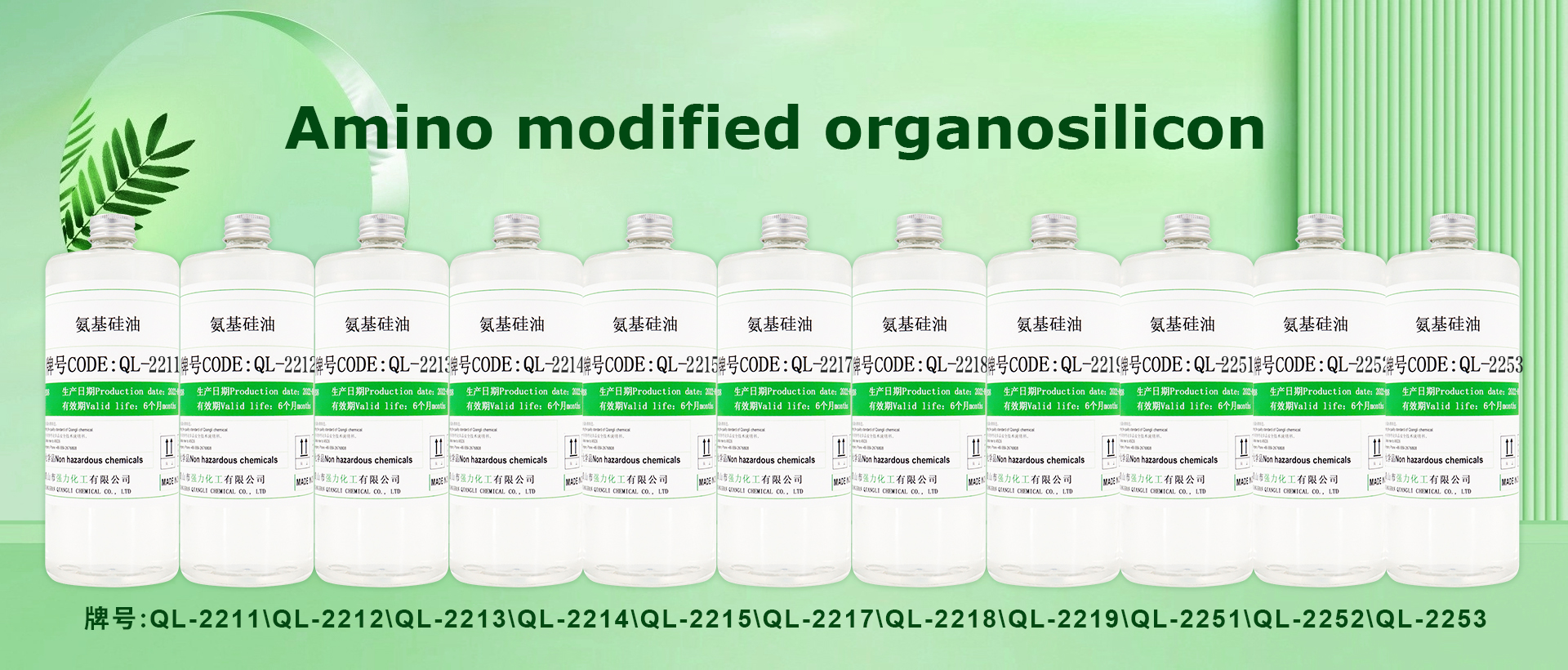
Amino silicone oil is a special organic silicon compound widely used in the chemical industry. It is favored for its unique molecular structure and excellent performance. It is mainly composed of silicon oxygen bonds and amino functional groups. This structure gives amino silicone oil good softness and lubricity.
The viscosity of amino silicone oil is closely related to its molecular weight. The specific relationship can be summarized by the following points:
1. Positive correlation between molecular weight and viscosity
The viscosity of amino silicone oil mainly depends on the molecular weight (i.e. molar mass). The larger the molecular weight, the higher the viscosity.
2. The influence of molecular weight distribution
The wider the molecular weight distribution, the higher the viscosity of amino silicone oil may be at the same average molecular weight. For example, when adjusting the viscosity of the final product by mixing silicone oils of different viscosities, the superposition effect of molecular weight distribution needs to be considered.
3. Performance trade-offs in practical applications
High molecular weight (high viscosity):
Gives fabrics a softer and smoother feel and better film-forming properties, but poor permeability, especially for tightly woven or fine denier fibers.
Low molecular weight (low viscosity):
Enhanced permeability, but may sacrifice softness; more suitable for applications that require deep penetration into the fiber (such as antistatic or hydrophilic finishing).
4. Regulation of molecular weight and viscosity by synthesis process
Catalyst and reaction conditions:
The type of catalyst (such as TMAH, KOH) and the amount used can regulate the degree of ring-opening polymerization, which directly affects the molecular weight and viscosity.
End-capping agent and accelerator: End-capping agent (such as MM) can control chain termination, while accelerator (such as DMSO) can reduce the reaction temperature and reduce the impact of side reactions on molecular weight.
5. Molecular weight selection in special scenarios
Microemulsion preparation:
Too high molecular weight (viscosity) will lead to emulsification difficulties, and the stability of the emulsion needs to be optimized by balancing the ammonia value and viscosity.
Anti-yellowing requirements:
Low molecular weight amino silicone oil may reduce the problem of high temperature yellowing due to its low amino content.
Summary
The molecular weight of amino silicone oil is the core factor that determines its viscosity, but in practical applications, it needs to be comprehensively selected in combination with parameters such as molecular weight distribution, ammonia value, and processing technology. For example, amino silicone oil with medium viscosity (molecular weight 50,000-150,000) is often used in textile soft finishing to balance permeability and film-forming properties.




